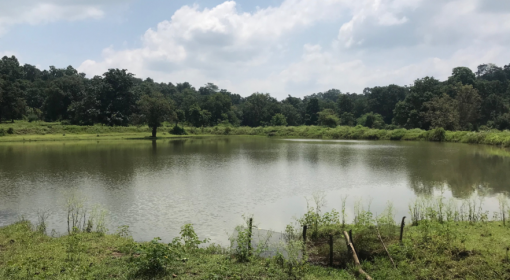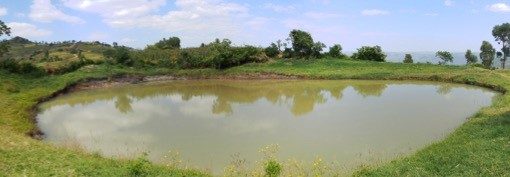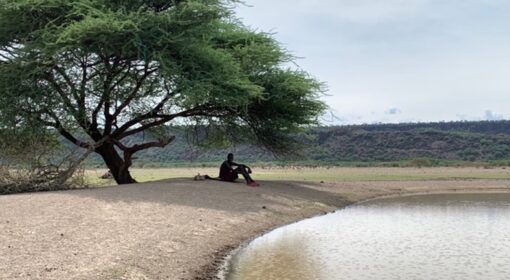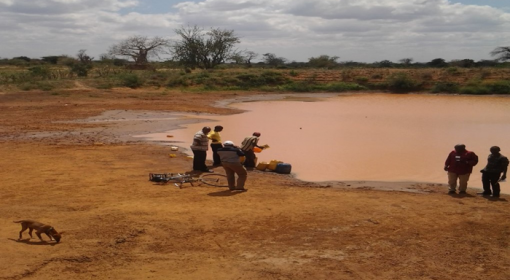Igunga ecovillage: a success story from the water scarcity trenches
Posted by Eduardo Tovar López
March 20, 2018
Igunga is one of the driest districts in Tanzania. Water is very scarce and rainfall is more irregular and unexpected than before. Livestock is abundant and deforestation and desertification seem to be two hungry beasts devouring entire ecosystems.
Complex issues such as climate change bring many challenges. Humanity has proved to be largely a cause of many of them, yet we have also proved to have the knowledge and abilities to solve them. Sometimes the solution simply lies on the people and their willingness to act. This success story from Igunga ecovillage is a good example.
End of the dry season, warm temperatures, no vegetation around us, no moisture or shadow that gives any respite from summery, unfriendly conditions. People still walk or cycle every day at least 5 km in order to collect water.
Against this backdrop, we—a team with members from MetaMeta Research (The Netherlands) and Igunga Ecovillage—first went there exploring, scouting for the perfect place to dig a water-harvesting pond. The first days were interesting and explorative, meeting people, meeting expectations and first impressions. That is the moment when people decide whether they will trust you and work with you. The method works like this, first informing the chairs or “mwenyekiti” of the village about our intentions to work in their land. Then they would spread the word and convince their colleagues or close workers, who in turn would convince other people to join, etc.— a word of mouth approach. The more supported and popular a leader is the more people will be convinced to join our work. This was the case.
Once the ideal spot was found, planning went accordingly and it was time to get our hands dirty. Lorries and excavators are not in the picture, thus farming is usually done by hand or animal traction. This was no exception. For this, a strategic recruiting method was used. Villages are usually managed by chair(wo)men and a hierarchical structure..
Many people started working with us, mainly young enthusiasts, digging and chopping the soil. The youth took the lead with shovels and the elderly followed. By the end of the first day, we realised that it would take much more time than we had planned, thus, much more motivation and benefits for people to be committed.
Next days the hard work was still at its maximum but there was a point where we were still not able to visualise results or outcomes of our work. At the same time, we realised that a lot of work still needed to be done. This became demotivating for many and extended rapidly among the people. This was a crucial moment.
Work was slowing down and less people were showing up to work with us. Mainly young, strong enthusiasts were not committed anymore, however older people and leaders knew that in the end this would be worth it and it would improve their lives. This was one of those moments when it all comes together and magically everything makes sense. We realised how important it was to strike the perfect balance between youth, elderly, women, men, locals, foreigners, beginners or experienced. Later, we experienced and learned the next lessons. The elders of the village explained to the young ones the importance of working together for a common purpose. A relatively old Sukuma man continued working alone, digging when everyone was resting to set the example. Another man started singing traditional songs while using the shovel in some sort of ritual to attract more people to work together with him and to motivate each other. These were very special moments. Hard work continued and we finished satisfactorily a big water-harvesting pond that currently is filled up with water that is being used for farming and household purposes, contributing to improved livelihoods.
This was one of those occasions when we, the people, and our capacity to team up and motivate each other, are the simple solution against critical issues such as water scarcity. This pond was the pioneer pond, an example and reference to continue digging more ponds in the region, and certainly a good example of cooperation.
If you got the story but did not get the message, let me summarise it for you: Determination is a catalyser of improvement but ownership and empowerment are foundation and pillars for achievement.
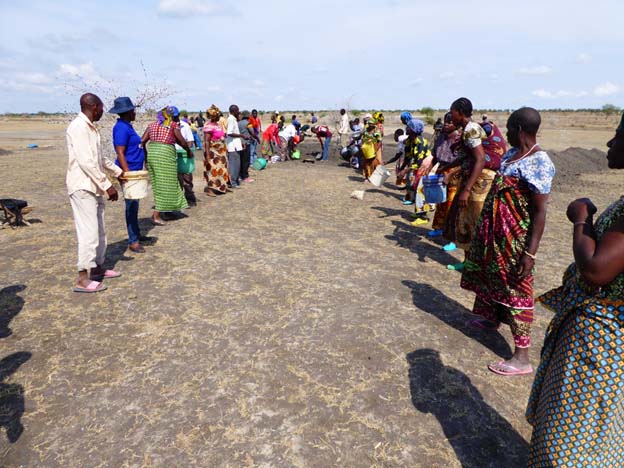
A ‘human chain’ passing out soil scooped out by the pond diggers, one bucket at a time
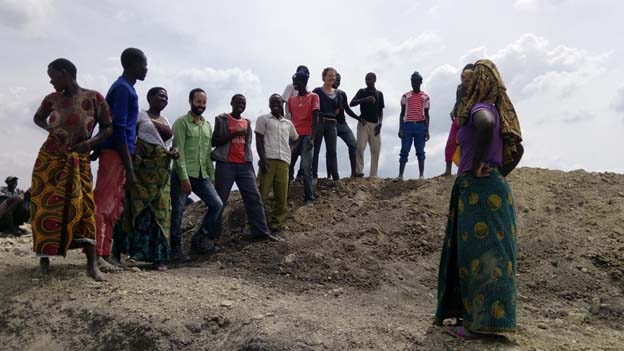
The human chain sharing a lighter moment
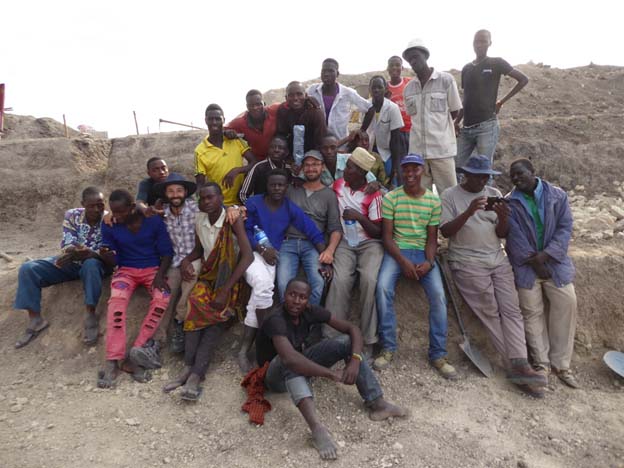
The pond-diggers pose for a picture
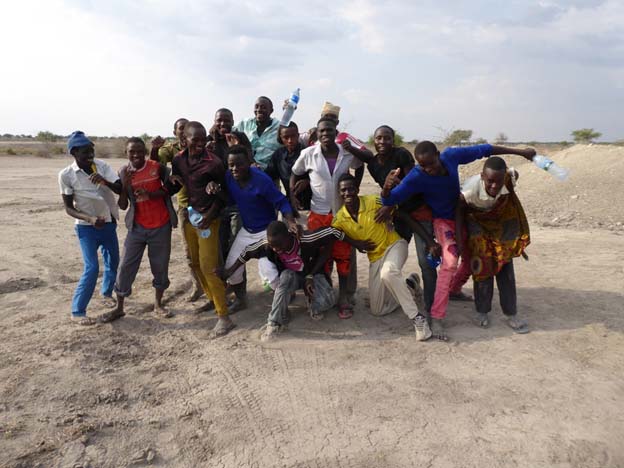
The pond is complete! The team celebrates
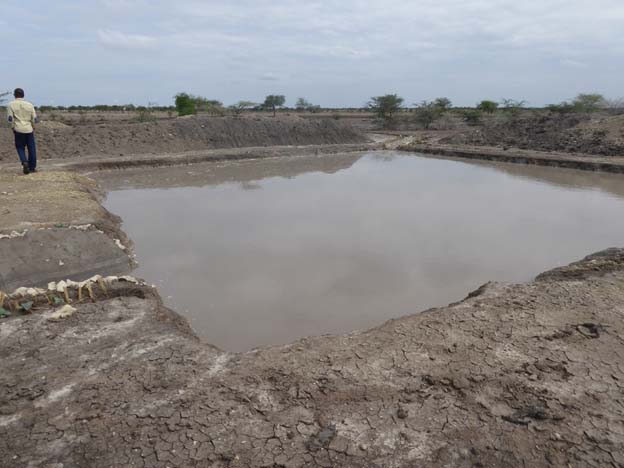
The pond with the rainwater and runoff it managed to capture, January 2018
{jcomments on}
